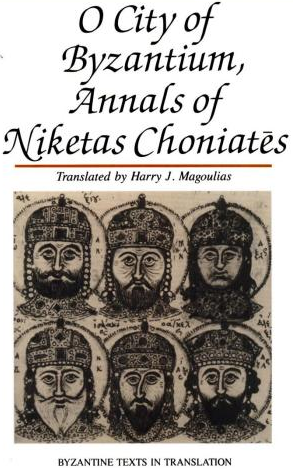
page 13
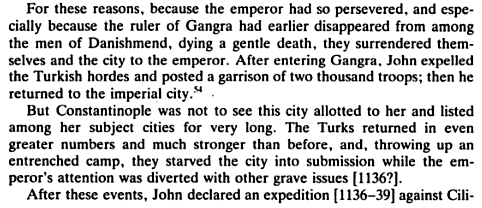
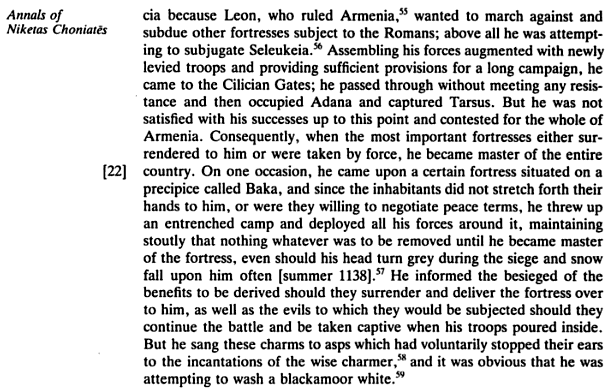
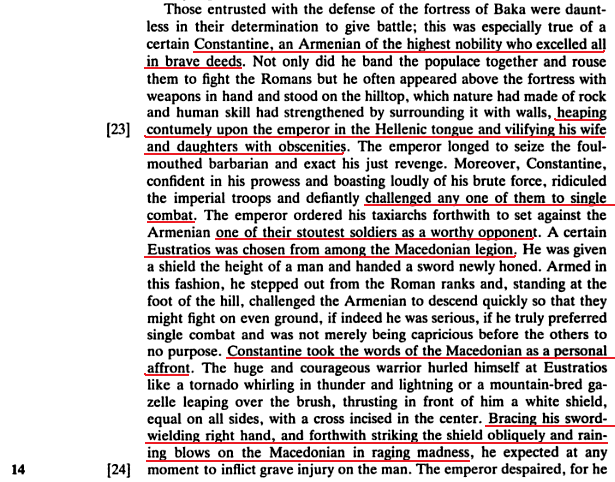
page 15
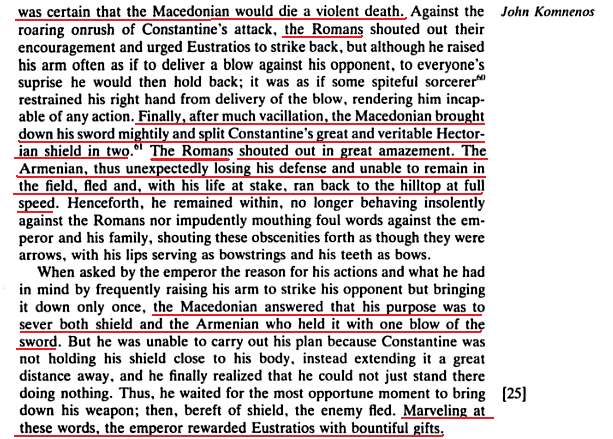
:rmacedonia
 considering that the Armenian he fought would supposedly have a "greek" name. Funny how the armenian also spoke "hellenic" or more appropriately, according to scholar Anthony Kalldellis, he spoke "Roman". Also the soldiers rooting for Eustratios were called Roman and not "greek". Considering also what Nicetas Choniates own brother has to say about Athens during this period - http://www.macedoniantruth.org/forum...ead.php?t=1855 -
considering that the Armenian he fought would supposedly have a "greek" name. Funny how the armenian also spoke "hellenic" or more appropriately, according to scholar Anthony Kalldellis, he spoke "Roman". Also the soldiers rooting for Eustratios were called Roman and not "greek". Considering also what Nicetas Choniates own brother has to say about Athens during this period - http://www.macedoniantruth.org/forum...ead.php?t=1855 -
Comment